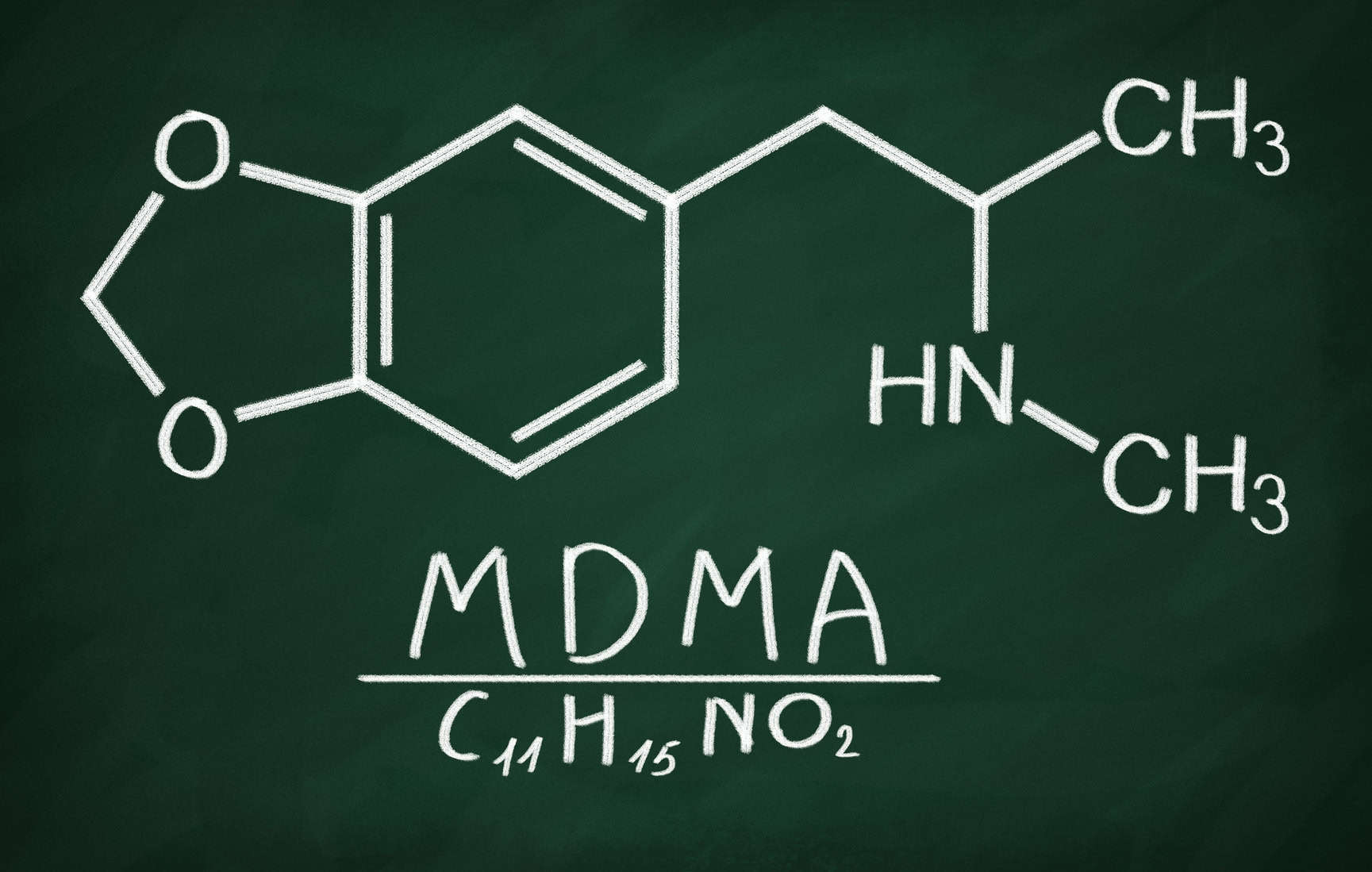Is “Vitamin No” the Best Self-Care Supplement?
Posted on March 13, 2020
by Thaddeus Camlin, Psy.D.
Self-care is frequently pushed as a key to wellbeing. In the realm of addictive problems, family members are encouraged to put ‘self-care’ first as a way of curbing over-involvement in the lives of someone with addictive problems. People with addictive problems are encouraged to find healthier ways to practice self-care. Therapists are trained to implement self-care to manage the stresses and pressures of clinical practice. Few argue against the merits of taking care of oneself, but simple and effective techniques for how to practice self-care often leave much to be desired. This article will explore what is perhaps the most effective and simple tactic of practicing self-care – a healthy dose of 'Vitamin-N,' aka, saying no.
The simplicity of sayin...
full story










